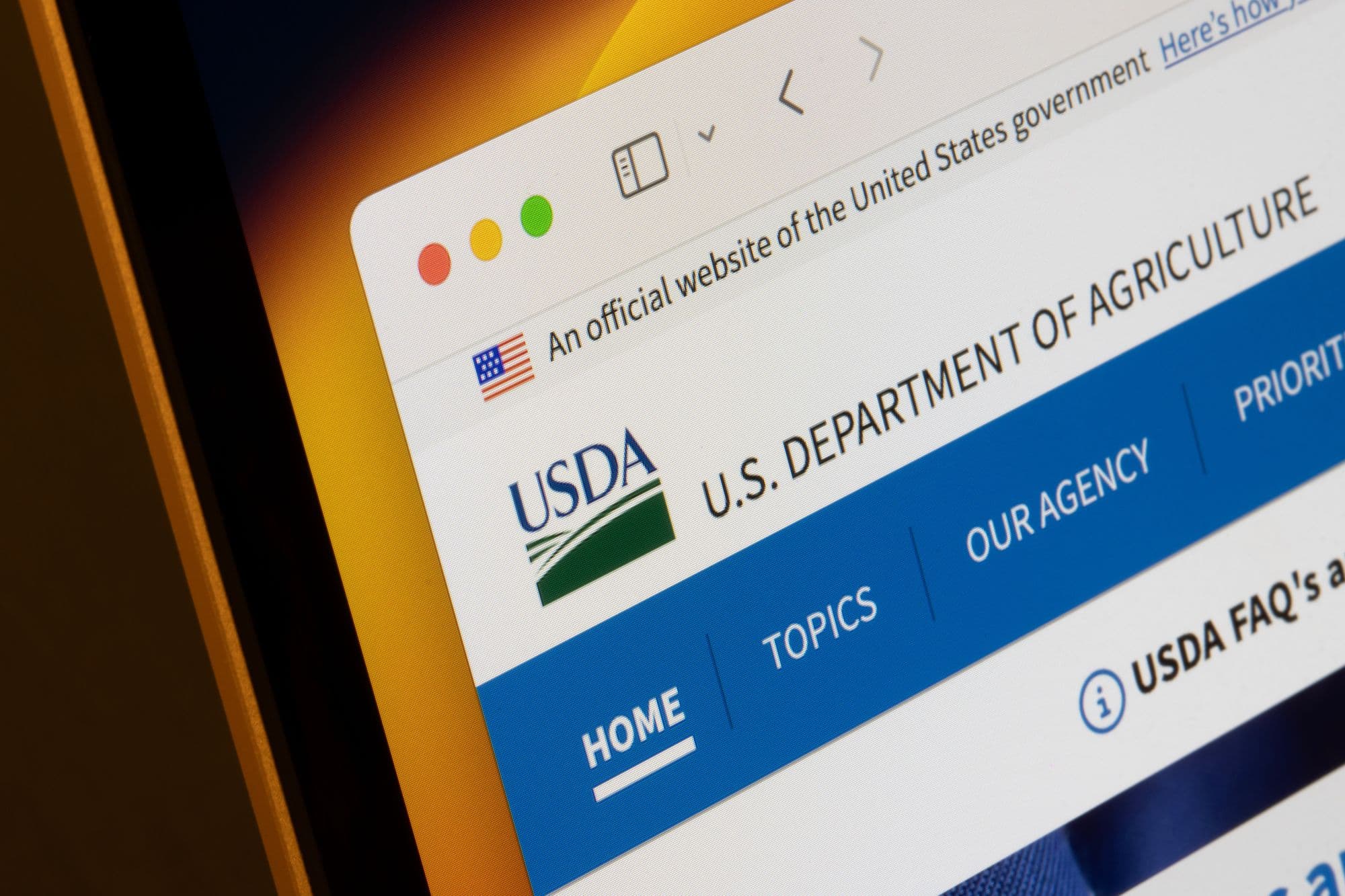Seller Paid Closing Costs

Closing Costs
Somebody's gotta pay 'em. It might as well not be you.
Many hands are in the cookie jar that is a new mortgage. Appraisers, inspectors, agents, title insurers, escrow companies, insurance companies, credit bureaus; all provide a very necessary piece of a real estate transaction, and all expect to be paid. And don't forget your lender.
Most closing costs are settled at closing and are collected only if/when your loan closes. Appraisals and inspections are often paid upfront, though not always. So what happens when closing day comes? Who pays the check?
Each state is a bit different, but generally, buyers are responsible for certain items. Sellers too. Let's not worry about the seller's side. You're the buyer and this is about planning for YOUR new home purchase.
Typical Buyer's Closing Costs
- Lender fee / Origination
Varies from lender to lender. Could be a flat fee or percentage of your loan amount (i.e. origination point). - Discount points / rate buydown
Varies from lender to lender. Fee paid to get a better rate. - Appraisal
Usually $375 to $500 depending on property type, location, and loan program. - Inspector
Lenders typically do not require home inspections, but it is always a good idea to get one. Some loan programs require specific inspections like termite, well, septic, etc... - Credit Report
Credit reports, updates, supplements, etc... will vary, but less than $100 is typical. - Title/Escrow Company Fee
Fees paid to the title company for preparing documents, searching title for liens, closing the loan, etc... Varies widely from state to state. - Title Insurance (Lender's Policy)
Insures the lender against any liens not discovered in the title search should they show up in the future. - Title Insurance (Owner's Policy)
Insures the buyer against any liens not discovered in the title search should they show up in the future. Often paid by the seller. - Homeowner's Insurance
One year premium paid at closing. - Escrow / Impound Account
Not really a cost, but still a very real part of your new mortgage. Establishes an escrow account with your new lender to pay future homeowner's insurance premiums and property taxes.
The seller can pay ALL of these for you, but you have to ask. Conventional loans allow the seller to contribute 3% of the purchase price towards the buyers closing costs. 3% should cover most, if not all, of the costs listed above. If you are buying with an FHA or VA loan, you can ask for more. 4% will almost surely cover everything, however FHA will allow up to 6%. Entering a purchase price into the FHA loan calculator will show you how much you can ask the seller to pay. The VA loan calculator does the same.
Remember, it doesn't hurt to ask. The seller will usually counter offer if you are asking for too much. Also, the seller keeps whatever isn't used, so if you ask for 6% and the costs come to 4%, the seller keeps the remaining 2%.
If you don't negotiate seller paid closing costs into your purchase, you'll be asked to bring the closing cost amount to closing in addition to your down payment. On a $200,000 purchase this can be an additional $6,000 with a conventional loan. Wouldn't you rather use that money to furnish your new home or make improvements?
Read More
Top 10 Cheapest Places to Live in the US (2025-2026)
Cheapest places to live in 2025–2026 include Toledo, Fort Wayne, Wichita, and Little Rock. See top affordable US cities for housing and cost of living.
Handling Unexpected Home Costs With Same Day Loan Options
Handle surprise home expenses fast. Learn how same-day loan options help cover urgent repairs and moving costs without disrupting your mortgage plans.
What Are Mortgage Points and Are They Worth Buying?
Mortgage points let you buy a lower interest rate. Learn how they work, how much they cost, and whether buying points actually saves you money.
What Is a USDA Guarantee Fee and How Does It Work?
Learn what a USDA guarantee fee is, how it works, current rates, and how it affects your monthly mortgage payment in 2025.
Guide to First-Time Home Buyer Grants
Discover first-time home buyer grants in 2025, how they work, who qualifies, and how they can lower your down payment and closing costs.
How to Get a Mortgage Pre-Approval In 5 Easy Steps
Learn how to get a mortgage pre-approval in 5 easy steps. Discover the benefits, required documents, and when to apply before buying a home.







